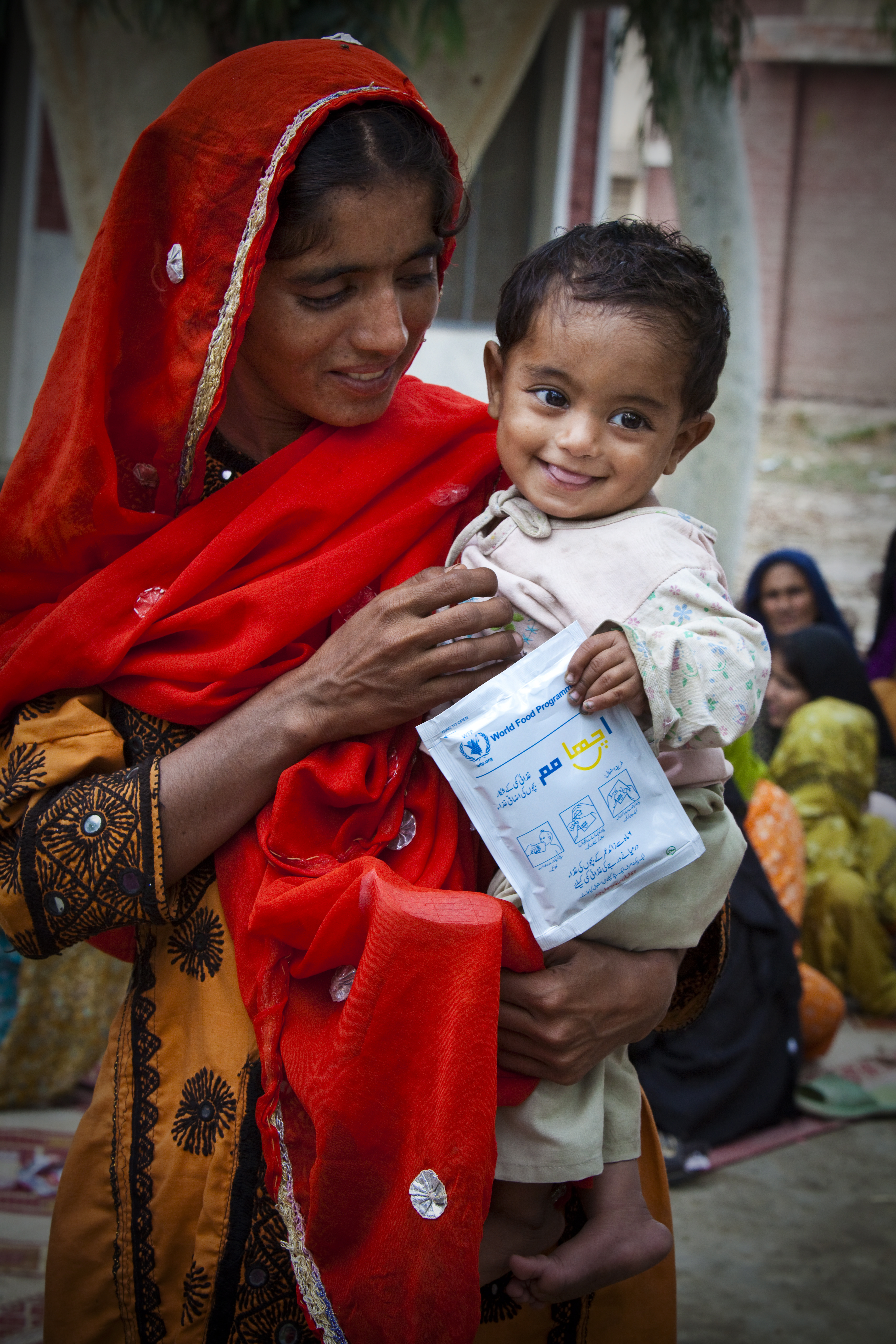Nutrition and brain development in early life
 Summary of review1
Summary of review1
Location: Global
What we know: It is likely that nutrition deficiency during pregnancy and early childhood affects individual cognition, behaviour, long term productivity and also negatively impacts economic development.
What this article adds: Severe acute malnutrition, chronic undernutrition (intrauterine growth retardation and stunting), iron deficiency anaemia and iodine deficiency are key risk factors for poor motor, cognitive, and socio-emotional development and should be a global priority. Effective strategies to address these forms of undernutrition exist; the evidence for impact of other forms of undernutrition on brain development is lacking. Robust research to evaluate interventions in low and middle income countries is needed.
Adequate nutrition is necessary for normal brain development. Nutrition is especially important during pregnancy and infancy, which are crucial periods for the formation of the brain, laying the foundation for the development of cognitive, motor, and socio-emotional skills throughout childhood and adulthood. Thus nutritional deficiencies during pregnancy and infancy are likely to affect cognition, behaviour and productivity throughout the school years and adulthood. Focusing on this early period for the prevention of nutrient deficiencies may have long-term and widespread benefits for individuals and societies. A recently published article presents an overview of the pathway from early nutritional deprivation to long-term brain function, cognition, behaviour, and productivity. The article focuses on nutrition during pregnancy and the first few years after birth, which is the period of most rapid brain development.
Children who are not adequately nourished are at risk of failing to reach their developmental potential in cognitive, motor and socio-emotional abilities. These abilities are strongly linked to academic achievement and economic productivity. Therefore, preventing or reversing developmental losses in early childhood is crucial for fostering economic development in low-and middle-income countries, as well as reducing economic disparities in high-income countries.
The evidence is clear that the following conditions are key risk factors for poor motor, cognitive, and socio-emotional development: severe acute malnutrition, chronic undernutrition (as evidenced by intrauterine growth retardation and linear growth retardation or stunting), iron deficiency anaemia (IDA) and iodine deficiency. Preventing these conditions needs to be a global health priority. Effective strategies to prevent or improve these conditions include salt iodisation to prevent iodine deficiency, provision of iron via home fortification (e.g. with micronutrient powders) to prevent IDA, and educational interventions that include a strong emphasis on feeding nutrient-rich animal source foods in conjunction with food supplementation in food-insecure populations. With the exception of a few studies on food supplementation, direct evidence of the impact of these strategies on brain development is scarce. Strategies to promote exclusive breastfeeding during the first six months of life and continued breastfeeding thereafter along with adequate complementary feeding are also likely to improve cognitive development, though additional evidence for the effectiveness of these strategies is also needed.
The following interventions are promising for preventing developmental loss: supplementation with iron and folic acid and/or multiple micronutrients during pregnancy, provision of multiple micronutrients (in addition to iron) during infancy, supplementation with essential fatty acids during pregnancy and infancy, fortified food supplements provided during pregnancy and infancy. However, additional robust research in low-and middle-income countries that evaluates the long-term effects of these interventions is needed.
The design and interpretation of further research should take into account the factors discussed above, the timing of nutrient deficiency or supplementation, the degree of deficiency, the possibility of recovery, and the potential for additive, interacting or mediating effects with regard to the children’s experiential input from the environment.
Interventions to improve the home environment and the quality of caregiver-infant interaction are also recommended to complement and enhance the effect of improved nutrition. These types of interventions are crucial to offset the negative effects of adverse environmental conditions (for example, poverty and low maternal education) that often coexist in populations in which undernutrition is common.
1 Prado E and Dewey K (2014). Nutrition and brain development in early life. Nutrition Reviews, vol 72 (4), pp 267-284. Doi:10.1111/nure.12102


